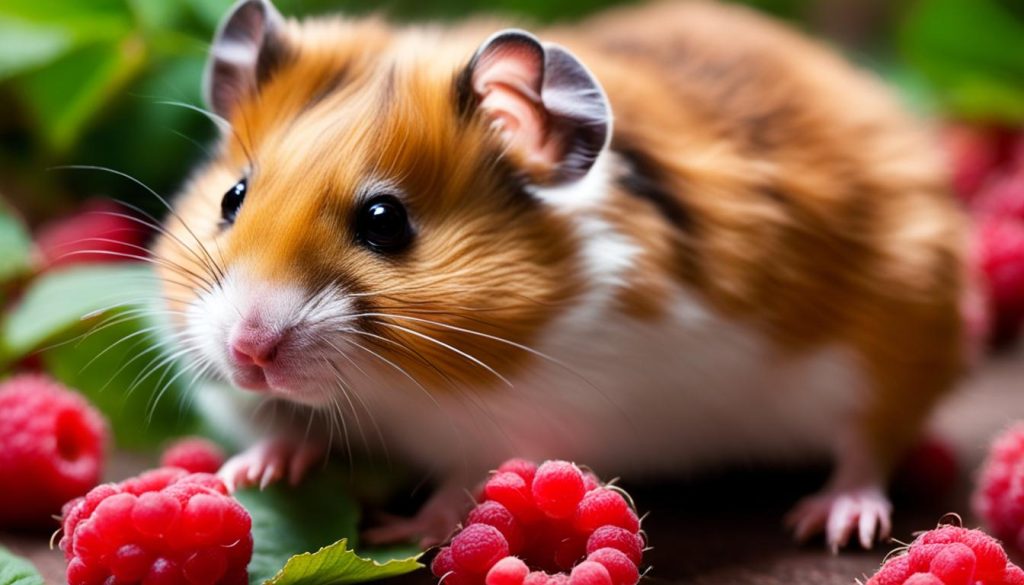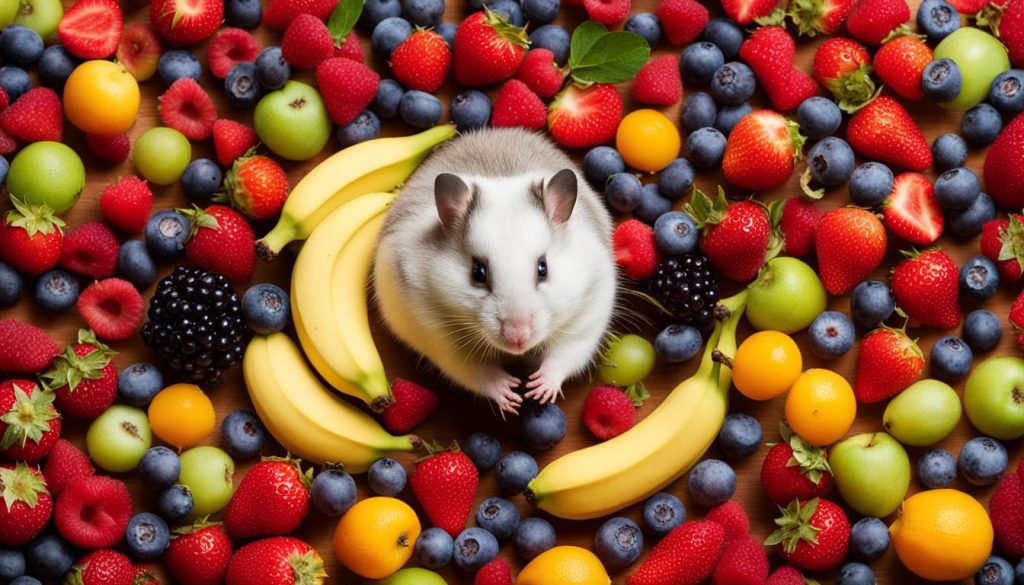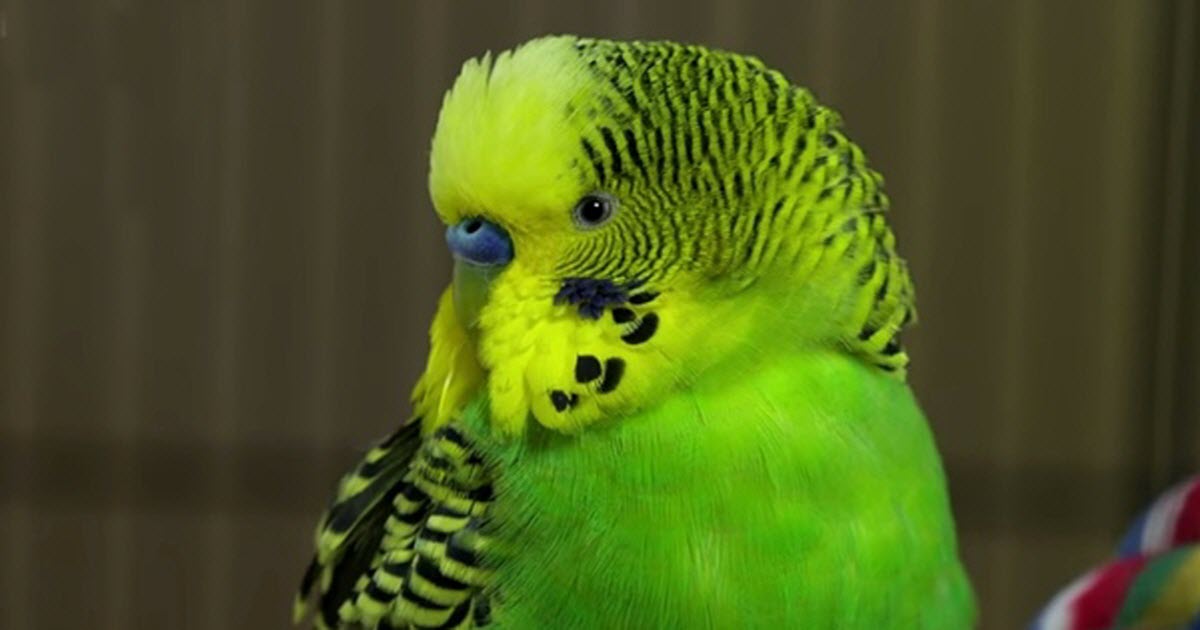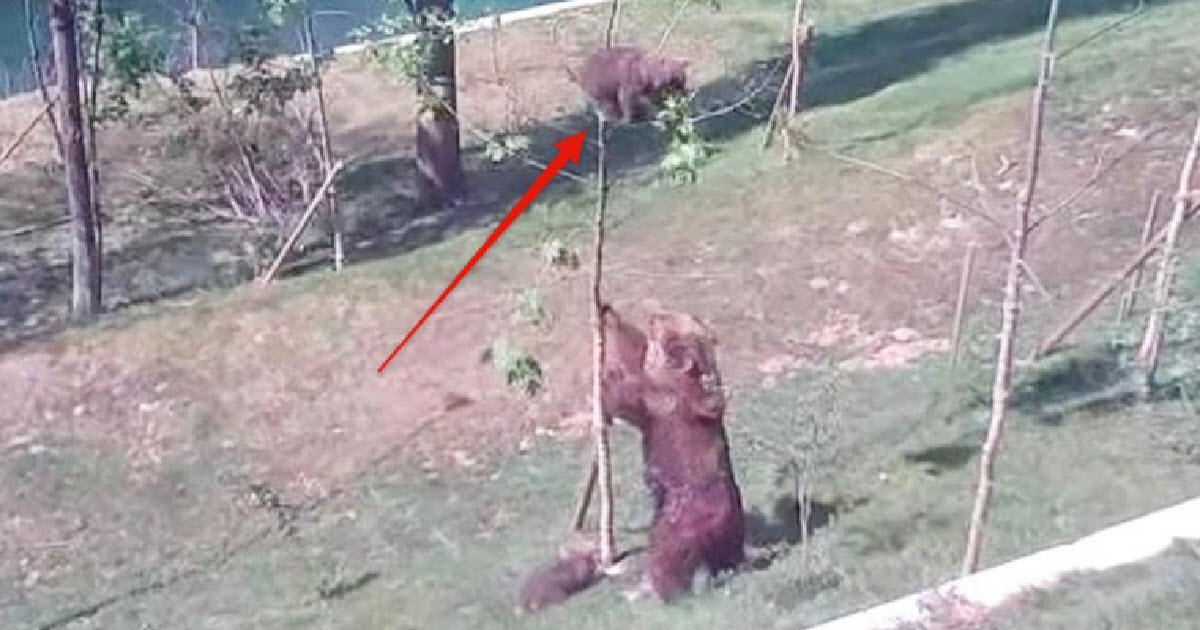As a hamster owner, you may often find yourself wondering about the dietary needs of your little furry friend. One common question that arises is: can hamsters eat raspberries? The good news is that yes, hamsters can safely consume raspberries as part of their diet.
Raspberries offer several nutritional benefits that can contribute to your hamster’s well-being. They are packed with antioxidants, vitamins, and fiber, which are essential for maintaining a healthy body. However, it is important to introduce raspberries gradually and in moderation to avoid any potential allergic reactions or digestive discomfort.
When feeding raspberries to your hamster, start with a small portion, approximately the size of a pea, to assess their reaction. Thoroughly wash the raspberries to remove any pesticides or contaminants before offering them to your furry friend. If you have a smaller hamster breed, consider slicing the raspberries into bite-sized pieces to prevent choking hazards.
It is vital to monitor your hamster for any signs of allergic reactions or digestive issues after consuming raspberries. If your hamster exhibits any adverse symptoms, it is best to limit or avoid feeding them raspberries altogether. Consulting with a veterinarian or hamster care expert can provide you with personalized guidance on incorporating raspberries into your hamster’s diet.
Remember, raspberries should be just one part of a well-rounded hamster diet. Besides raspberries, there are other fruits that are safe and suitable for hamsters, such as blueberries, strawberries, and blackberries. These fruits also offer various nutritional benefits and can be rotated with raspberries and other hamster-friendly treats to ensure a balanced diet for your pet.
Can Hamsters Eat Raspberries? Yes, definitely!
- Hamsters can safely eat raspberries in moderation.
- Raspberries provide antioxidants, vitamins, and fiber for hamsters.
- Introduce raspberries gradually and monitor your hamster for any allergic reactions or digestive issues.
- Consult with a veterinarian or hamster care expert for personalized guidance.
- In addition to raspberries, other fruits like blueberries, strawberries, and blackberries are also suitable for hamsters.
The Nutritional Benefits of Raspberries for Hamsters
Raspberries are a fantastic addition to a hamster’s diet, providing them with a range of essential nutrients that promote their overall well-being. These small fruits are packed with antioxidants, including flavonoids, which play a crucial role in strengthening the hamster’s immune system. By neutralizing harmful free radicals, these antioxidants help protect the hamster’s cells from damage and reduce the risk of certain diseases.
In addition to antioxidants, raspberries are a great source of vital vitamins and minerals that support the hamster’s bodily functions. They contain a significant amount of vitamin C, which is essential for the hamster’s overall health and helps boost their immune system. Raspberries also provide vitamin K, which contributes to proper blood clotting and bone health. Furthermore, they are rich in manganese, a mineral that supports the hamster’s metabolism and helps maintain healthy bones and cartilage.
One of the key benefits of including raspberries in a hamster’s diet is their high fiber content. Fiber is crucial for hamsters’ digestion as it aids in regulating bowel movements and preventing constipation. By promoting a healthy digestive system, raspberries contribute to the overall wellness of the hamster and reduce the risk of gastrointestinal issues.

Incorporating raspberries into a hamster’s diet can provide them with a variety of nutritional benefits. From antioxidants to essential vitamins and minerals, these small berries offer a well-rounded nutritional profile for your furry companion. However, it is important to remember that raspberries should be given in moderation as part of a balanced diet. Consult with a veterinarian or a hamster care expert for personalized guidance on incorporating raspberries into your hamster’s diet.
Introducing Raspberries to Your Hamster’s Diet
When it comes to feeding hamsters, introducing new foods requires caution and proper consideration. If you’re thinking about incorporating raspberries into your furry friend’s diet, follow these guidelines to ensure a smooth transition.
Start small: Feeding hamsters a tiny portion of about the size of a pea is recommended when introducing raspberries. This allows you to observe their reaction and assess any potential allergies or digestive discomfort.
Wash thoroughly: Before offering raspberries to your hamster, it’s important to cleanse the fruit thoroughly. This removes any potential pesticides or contaminants that may be harmful to your pet. Take the extra step to ensure their safety.
Bite-sized pieces: More cautious hamster owners may choose to slice the raspberries into manageable, bite-sized pieces. This is especially important for smaller hamster breeds to prevent any potential choking hazards.
Monitor your hamster: As your hamster tries raspberries for the first time, keep a close eye on them for any allergic reactions or digestive discomfort. If such symptoms occur, it may be necessary to limit or avoid raspberries in their diet.
Gradual incorporation: To establish a healthy and balanced diet, it’s best to gradually incorporate raspberries into your hamster’s meal plan. Rotate them with other hamster-friendly treats to ensure a well-rounded nutritional intake.
Other Fruits Suitable for Hamsters
In addition to raspberries, there are other fruits that are safe and suitable for hamsters. These include blueberries, strawberries, and blackberries. These fruits offer various nutritional benefits, such as antioxidants, vitamins, and fiber, which are essential for a balanced hamster diet.
Blueberries are rich in antioxidants that help boost the hamster’s immune system and promote overall health. Strawberries provide vitamin C, which supports the hamster’s immune system and aids in the absorption of iron. Blackberries are packed with fiber, promoting healthy digestion and preventing obesity in hamsters.
Other healthy fruit options for hamsters are apples, bananas, and pears (without seeds). Apples provide vitamins A and C, while bananas are a great source of potassium and vitamin B6. Pears offer fiber and hydration. It’s important to remove any pits or seeds from the fruits, as they can pose a choking hazard to hamsters.

Offering a variety of fruits in moderation can add nutritional diversity to your hamster’s diet and keep them happy. Remember to introduce new fruits gradually and monitor your hamster for any adverse reactions. Always consult with a veterinarian or hamster care expert for personalized guidance on feeding fruits to your furry friend.
Conclusion
Incorporating raspberries into your hamster’s diet can be a healthy and enjoyable choice. Raspberries provide a range of nutritional benefits, including antioxidants, vitamins, and fiber, which contribute to your hamster’s overall well-being. However, it is essential to feed raspberries in moderation and monitor your hamster for any negative reactions.
When introducing raspberries or any new food to your hamster, it’s crucial to observe their response and consult with a veterinarian if needed. Each hamster is unique, and some may have specific dietary restrictions or allergies. Ensuring the well-being of your furry friend should be your top priority.
In addition to raspberries, you can also explore other hamster-friendly fruits such as blueberries, strawberries, and blackberries. Remember to remove any seeds or pits from these fruits, as they can pose a choking hazard. Offering a variety of safe and appropriate foods will help maintain a balanced diet for your hamster.
By taking a thoughtful approach and providing a well-rounded nutritional plan, you can safely incorporate raspberries and other fruits into your hamster’s diet. As always, pay attention to your hamster’s health and happiness, and enjoy the journey of caring for your beloved furry companion.
FAQ
Can hamsters eat raspberries?
Yes, hamsters can safely consume raspberries in moderation as part of a well-rounded diet.
What nutritional benefits do raspberries offer for hamsters?
Raspberries are packed with antioxidants, vitamins, and fiber that can support a hamster’s immune system, overall health, and digestion.
How should I introduce raspberries to my hamster’s diet?
Start by offering a small portion, about the size of a pea, and observe your hamster’s reaction. Gradually incorporate raspberries into their diet and monitor for any allergic reactions or digestive discomfort.
Are there other fruits suitable for hamsters?
Yes, other safe fruit options for hamsters include blueberries, strawberries, blackberries, apples, bananas, and pears (without seeds). Remember to remove any pits or seeds as they can be choking hazards.






